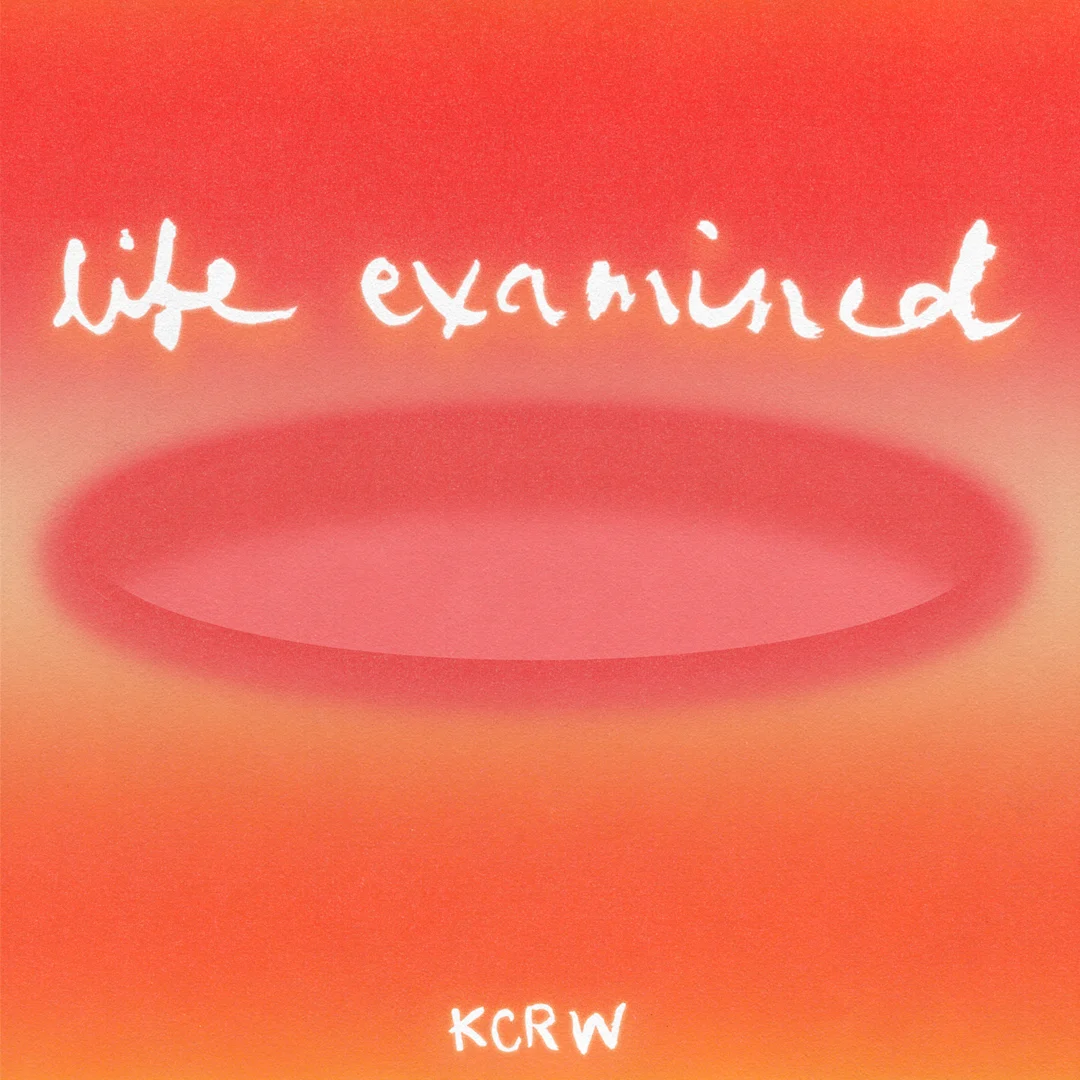Pico Iyer and Paul Elie remember Pope Francis
“He showed us what simplicity could offer:” Pico Iyer and Paul Elie share their insights on the late Pope’s global impact. • 51m Listen
Culture
Religion
Books

KCRW's Life Examined is a one-hour weekly show exploring science, philosophy, faith — and finding meaning in the modern world. The show is hosted by Jonathan Bastian. Please tune in Sundays at 9 a.m. or find it as a podcast.